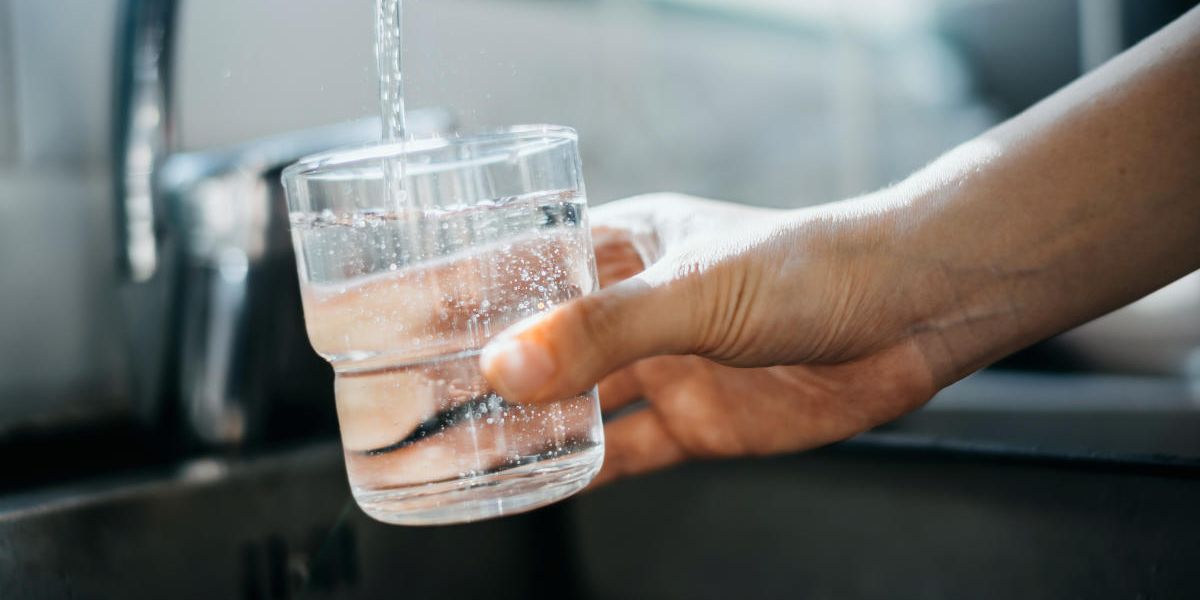CPW and LCWSC React to Latest EPA Regulations on Drinking Water, What Reports Say, Recently!
DEBARYLIFE – The Environmental Protection Agency (EPA) just released information about a new federal drinking water regulation last week.
To reduce dangers to human health and the environment, drinking water now has a maximum level of “forever chemicals,” or polyfluoroalkyl substances (PFAS).
However, PFAS compounds are present in many other items in your house as well as your drinking water.
John Young, General Manager of the Laurens Commission of Public Works (CPW), stated that PFAS was first utilized in the 1940s to create waterproof coatings and other materials that are resistant to heat, oil, stains, and grease.
“They find application in numerous products such as furniture, adhesives, food packaging, heat-resistant, non-stick cooking surfaces, waterproof apparel, and insulation.”
Even while the EPA is making progress, many environmentalists are wondering why manufacturers aren’t getting updated recommendations as well. Ultimately, it is their labor that initially contaminates the water.

The EPA claimed that drinking water can be the most direct method that people are exposed to PFAS, according to the South Carolina Department of Health and Environmental Control (SCDHEC). But the majority of people’s total exposure comes from drinking water, which accounts for only 20% of it. Consumer goods account for the remaining 80% of the total.
Standards are being established, but as those in charge of drinking water systems continue to assess, much more research is still needed, both in terms of the environment and the bottom line.
SEE MORE – Alabama’s Historic Legislation: Enacting the Nation’s Strictest Human Trafficking Laws
Young stated that although the EPA is still investigating the potential health impacts of per- and polyfluoroalkyl substances (PFAS) in drinking water, Lake Rabon’s PFAS levels have been below regulatory limits since at least 2020.
According to Young, “We are continuing to monitor on a monthly basis to ensure we comply.”
According to Jeff Field, Executive Director of the Laurens County Water and Sewer Commission (LCWSC), continuous monitoring involves substantial water sampling, and long-term data will be needed for a more thorough analysis.
Over time, about half of South Carolina’s drinking water systems will be impacted by the modifications required to maintain compliance.
As per the EPA, the state will be given three years to gather long-term data, and if it is discovered that the levels exceed the required limits, it will have five years to address the matter.
However, “Who will foot the bill” is a question that many water system corporations have.
SEE MORE – New Federal Laws Require Georgia Drinking Water to Be Tested and Treated for Forever Chemicals
Several South Carolina cities have already calculated the cost, which does not include yearly upkeep, to be well over $100 million.
A plan is being developed by CPW and LCWSC.
Field stated, “This new rule may present a financial challenge for many water systems.” “LCWSC will look for funding sources, including state and federal grants, and seek compensation from manufacturers who produce these chemicals in order to help address this challenge.”
They may also turn to the EPA in hopes of finding some answers.
Rather than taxing water and sewage users, we think the EPA should make PFAS producers more responsible for these expenses. It wouldn’t be unexpected if multiple states filed lawsuits against the EPA to amend the regulation and fully address these issues, according to Field.
There is a consensus among EPA and water system management regarding the significance of providing clean drinking water.
Field stated, “LCWCS has consistently backed strict drinking water regulations, guaranteeing the safety of our water without compromising.”











